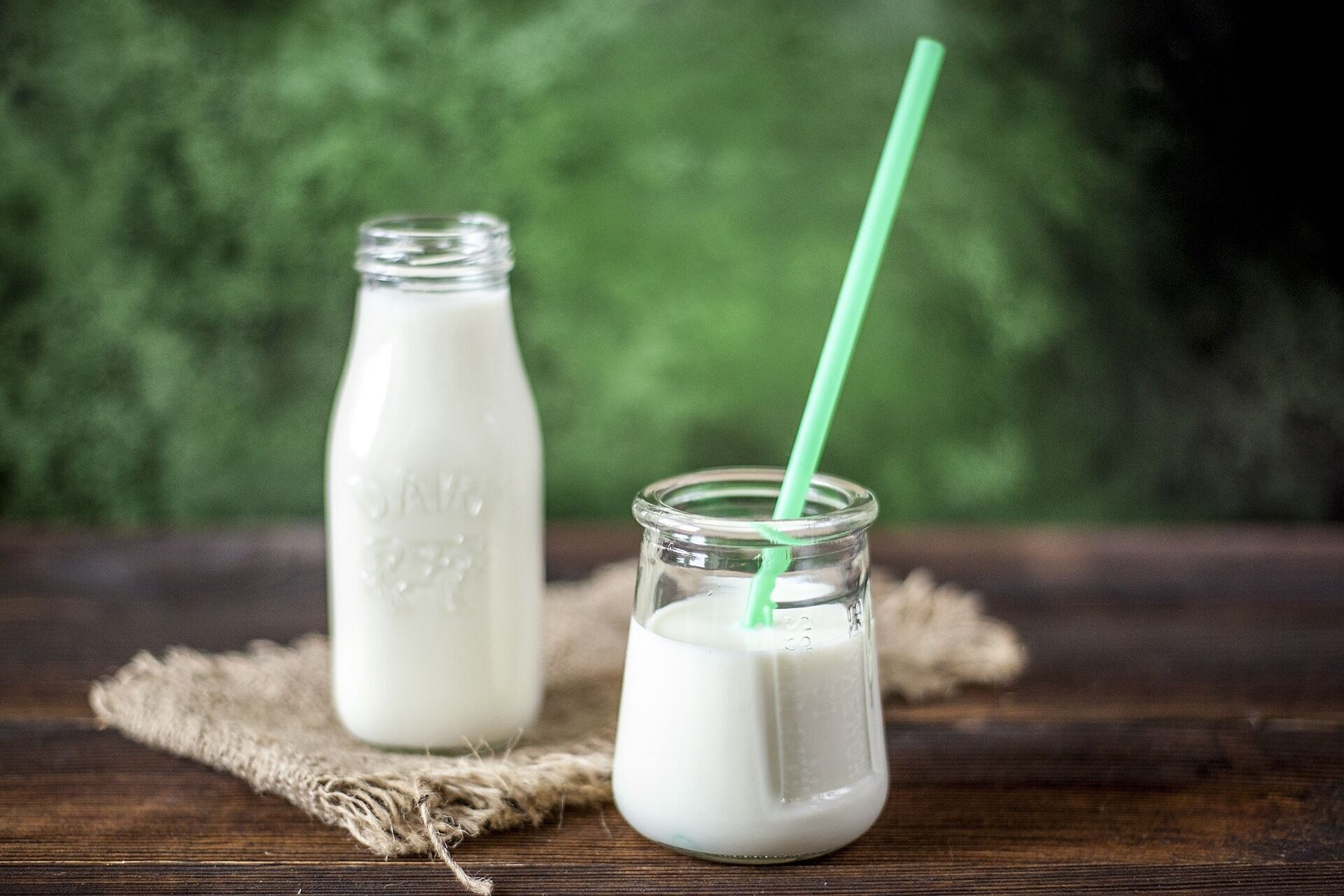Without pain and bloating: Tips to help avoid bowel problems

Problems with the functioning of the intestinal tract are quite common in most people. According to a study conducted by Holland and Barrett, 58% of people in the UK alone have a bowel disorder, and 45% of them have chronic illnesses.
In addition, when travelling, due to some circumstances, there is also a significant risk that can interfere with the fulfillment of natural needs. HuffPost has collected some tips to help you cope with this problem and easily survive your trip without feeling too heavy or bloated.
The tips to help you survive your vacation without intestinal problems were provided by Penny Weston. She is a highly respected fitness, wellness and nutrition expert and director of Moddershall Oaks.
Don't go to bed with a full stomach
"When you lie down, it's much harder for the digestive system to work efficiently. Food is best digested when the body is upright. If you sleep on a full stomach, it can lead to bloating," Weston says.
"You should never go to bed on a full stomach. You need to give your body time to digest food." Penny Weston says. "To do this, you should eat a light meal in the evening to avoid bloating later, and eat your main meal at lunchtime."

No junk food before a flight
Bloating during a flight is quite common. The reason for this is gas in the intestines, which can expand by up to 30% during the flight. In this case, it's best to avoid fast food, which makes digestion difficult, can cause headaches and dizziness, and will make the flight much more difficult. In addition, it is worth remembering some foods that, although not obvious, can act as a laxative.
"If you're going to eat gum, I would definitely try to avoid sugar-free gum because it contains an ingredient called sorbitol, an artificial sweetener that can act as a laxative due to poor absorption," Weston says.
Plant foods with probiotics
The diet should consist of a balanced diet that includes fruits and vegetables. This will allow you to have a certain supply of antioxidants that help fight inflammatory reactions in the body.
Penny Weston notes that fresh fruits and vegetables are high in fiber, which is useful for feeding intestinal bacteria and helps the process of passing through the intestines. In addition, eating fermented foods and probiotics will help promote the development of healthy bacteria in the gut.

Try to avoid stress
Of course, it's not as easy as we want it to be, but avoiding fuss and unnecessary stress will help prevent huge problems with gut health. Stress reduces the diversity of microorganisms in the gut.

Drink water
Drinking water regularly, either before or after meals, will help your body break down and process food, and thus aid in the digestion process. Water is great for transporting nutrients and eliminating harmful toxins. Penny Weston says that a hydrated gut affects our skin, immune system, brain function, and energy.
Refrain from alcohol
Excessive alcohol consumption can interfere with the production of digestive enzymes and juices. This makes it much harder for the body to digest and absorb nutrients from food. In addition, it is worth remembering that alcohol stimulates excessive fermentation, which causes bloating.
"Alcohol is a diuretic, which makes you go to the bathroom more often and feel dehydrated. This causes symptoms such as headaches and fatigue, so drink plenty of water while drinking alcohol and before bed," Weston said.



















